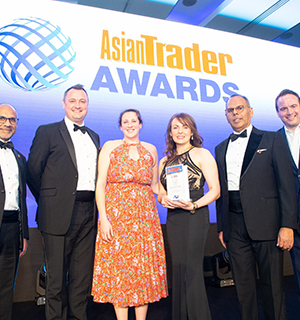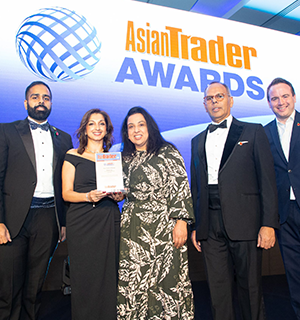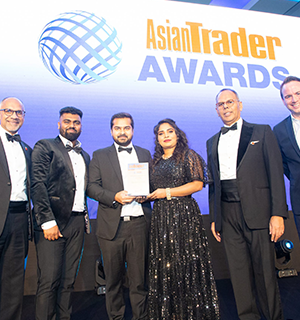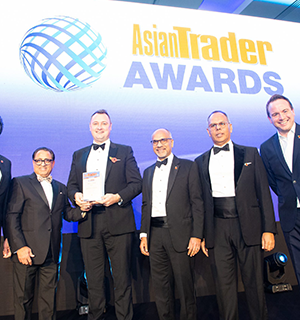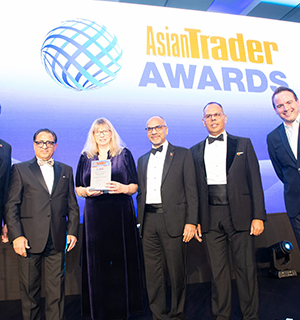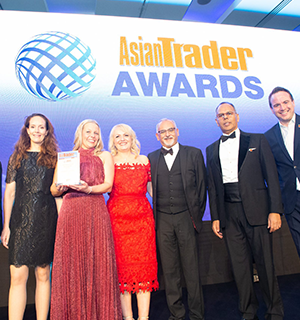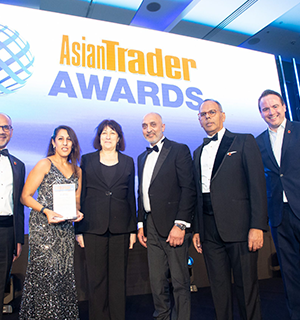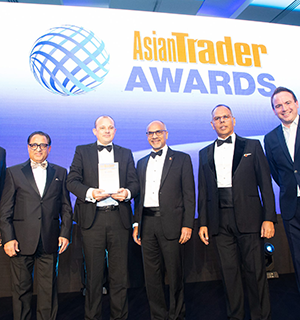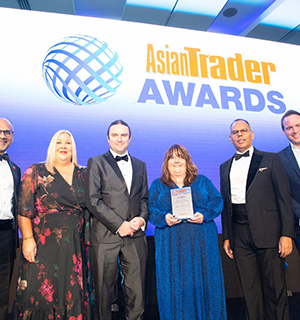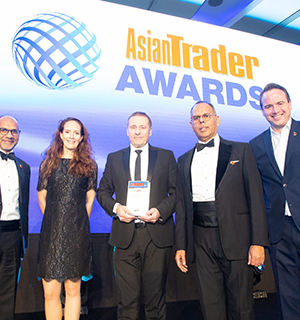Over one-third of the lower income consumers are only purchasing the essentials, up from a quarter in February, a new survey by EY has found.
Inflationary pressures and economic uncertainty are also widening the gap between low- and middle-income consumers, who are preparing to tighten their grip on their finances, and high-income consumers who are able to maintain spending levels, according to the latest EY UK Future Consumer Index.
The report has recommended retailers to embrace the needs of consumers across the affordability scale, as the survey has found that the consumers across all income groups are making more economical and sustainable choices.
The tenth edition of the survey of over 1,000 UK consumers found that 37 per cent of low- and middle-income consumers are only purchasing the essentials, compared to 26 per cent in the last survey in February. A third of these consumers (32%) are now switching brands to try cheaper alternatives, up from 26 per cent in February.
Affordability has also risen in importance since February, with 27 per cent of all consumers now adopting an ‘affordability first’ mindset, an increase of 8 per cent.
The survey also found that consumers are taking decisive action when reacting to price rises on discretionary purchases. Nearly half of consumers (49%) are buying less clothing, shoes and accessories, while in the consumer electronics category, 41 per cent are purchasing less and 14 per cent have stopped purchasing altogether.
The K-shaped consumer profile
The data highlight the growing disparities between high-income consumers with low affordability concerns and low- to middle-income consumers with increasing affordability concerns – typical of a K-shaped recovery in which different groups experience different rates of recovery after a recession.
The EY research also found significant levels of pessimism among low-income consumers, with nearly half (46%) saying that they feel financially worse off compared to February this year. Forty-four per cent expect their financial situation to be worse in 12 months, while only 39 per cent feel in control of their lives – half the 79 per cent of high-income consumers who feel the same.
A significant minority of middle-income consumers are also bracing themselves for tough times with a third (33%) expecting their financial situation to be worse in 12 months. Conversely, just 15 per cent of high-income consumers expect to be financially worse off in the next 12 months with 61 per cent of this income bracket saying they are excited about spending money on things that will improve their lifestyle.
“Our research reveals that instead of consumer behaviour staying relatively consistent, we are seeing consumers drifting towards two extremes,” Silvia Rindone, EY UK&I Retail Lead, commented.
“At one end are cash-strapped consumers who are watching every penny, at the other are those who are willing to spend and want retailers and brands to excite and entice them to do so. Navigating this K-shaped profile in consumer behaviour is key to surviving and thriving in the new economic landscape.”
Across all income groups, consumers are making more economical and sustainable choices. Of those surveyed, 90 per cent said they are trying not to waste food and 55 per cent are paying more attention to the environmental impact of what they purchase. Seventy per cent also said they prefer to repair rather than replace.
Three in four consumers surveyed said they are less interested in the latest fashion trends whilst 64 per cent said they feel less pressure to buy the latest technology.
Rindone added: “Although affordability is key, sustainability and more economic and sustainable consumer behaviours are here to stay. Consumers learned new skills during the pandemic, such as scratch cooking and repairing things, and brands and retailers will have to work much harder to create truly differentiated offers that entice consumers to spend on new items and experiences.
“Ultimately, consumers are looking for value and values. Brands and retailers need to find new and innovative ways to deliver affordability and sustainability to win over the K-shaped consumer. Successful companies will be those who can navigate this landscape and find the pockets of opportunity in a rapidly changing market.”







 To use this website you must be aged 18 years or over. Please verify your age before entering the site.
To use this website you must be aged 18 years or over. Please verify your age before entering the site.
